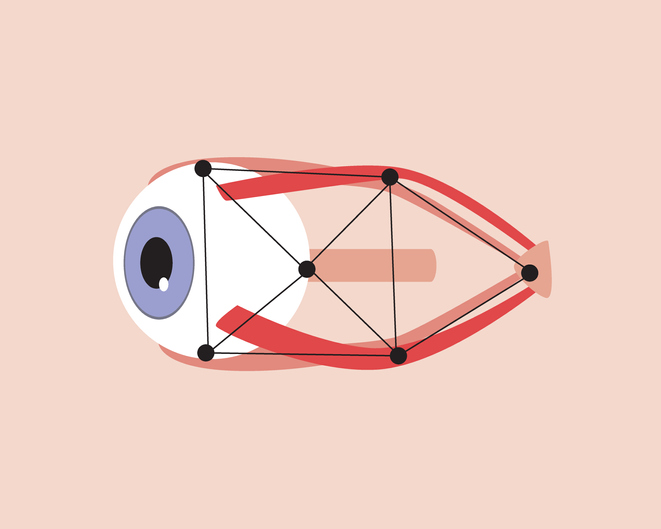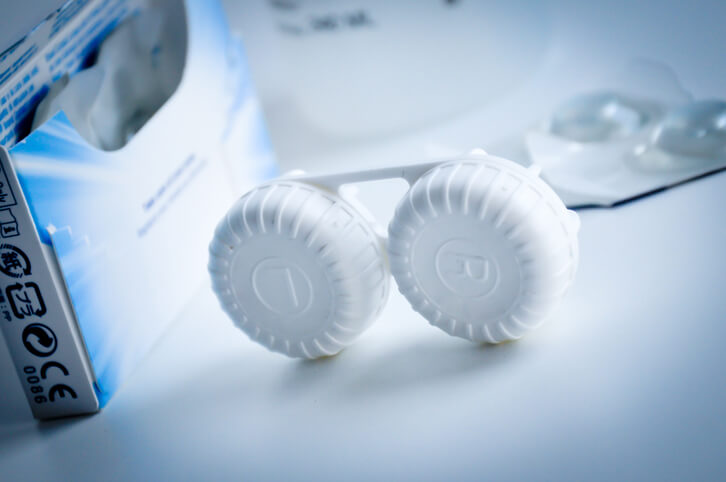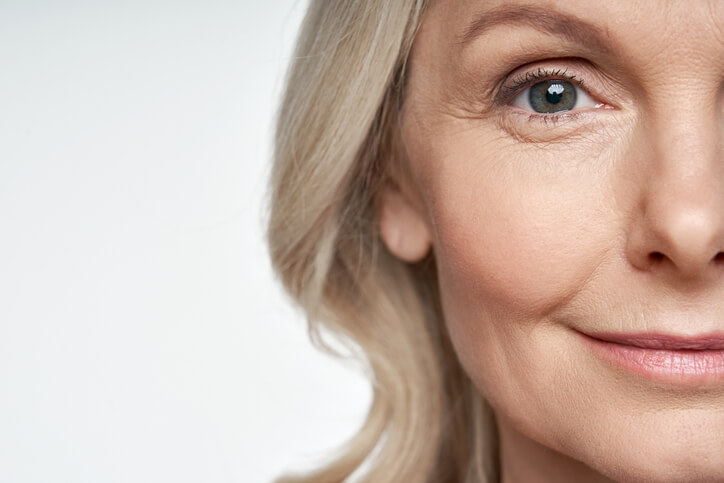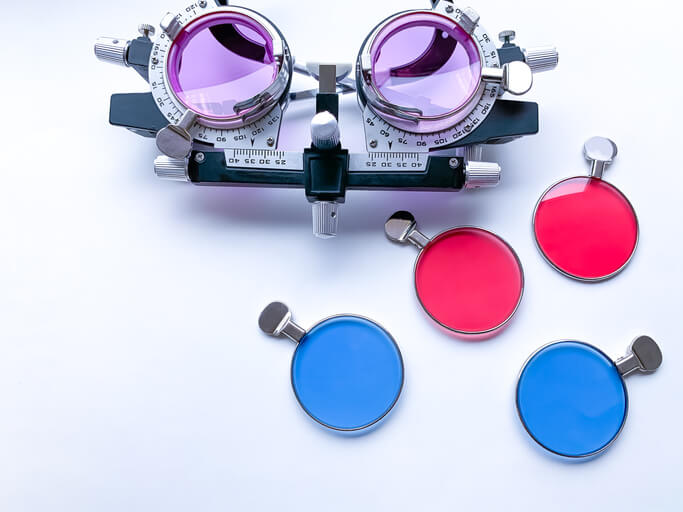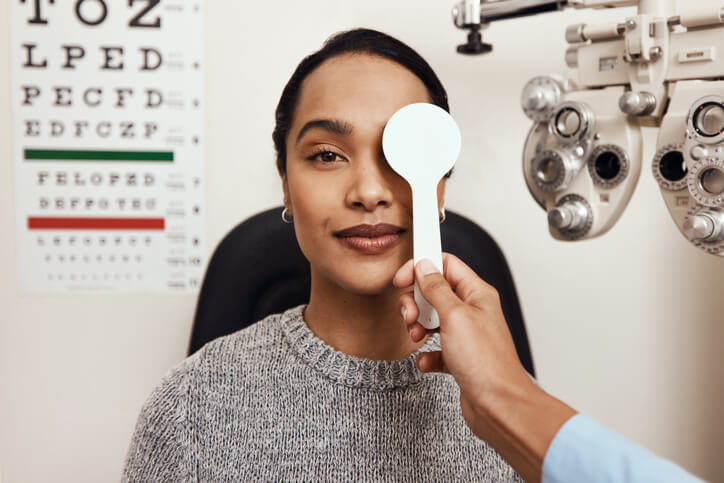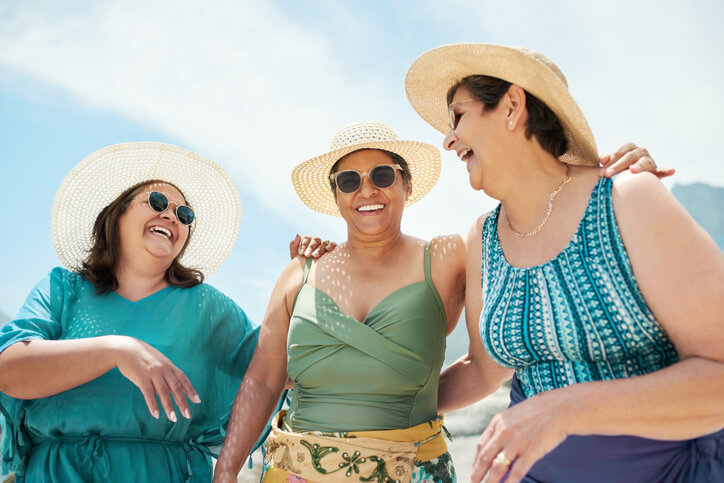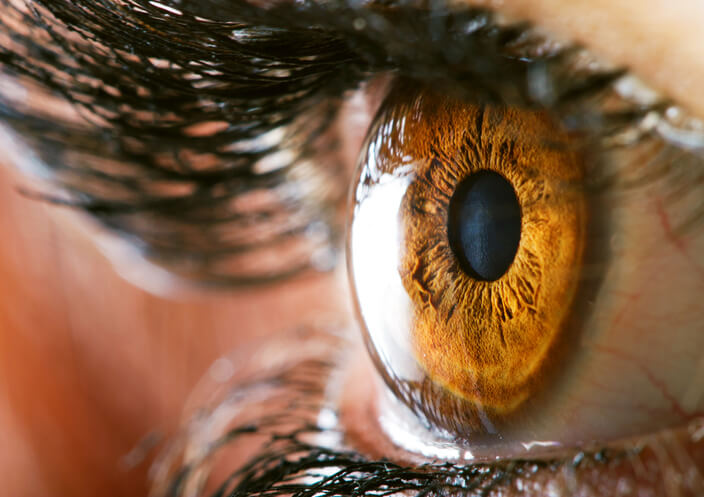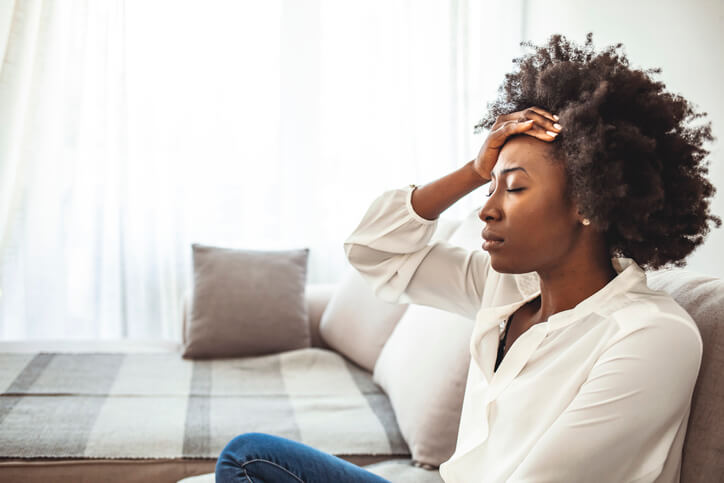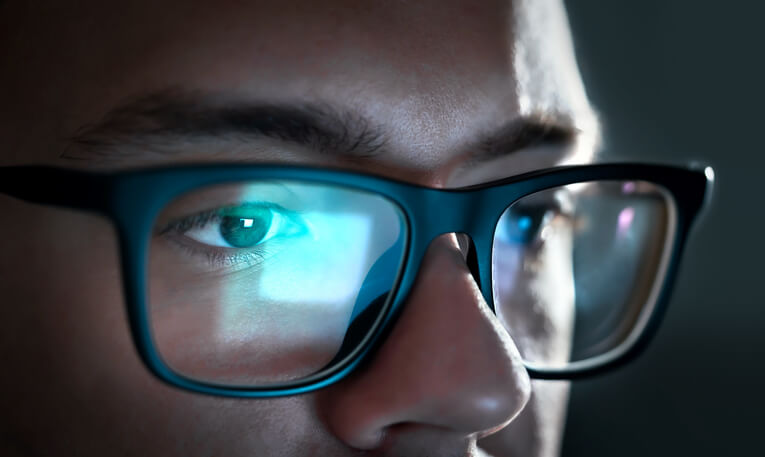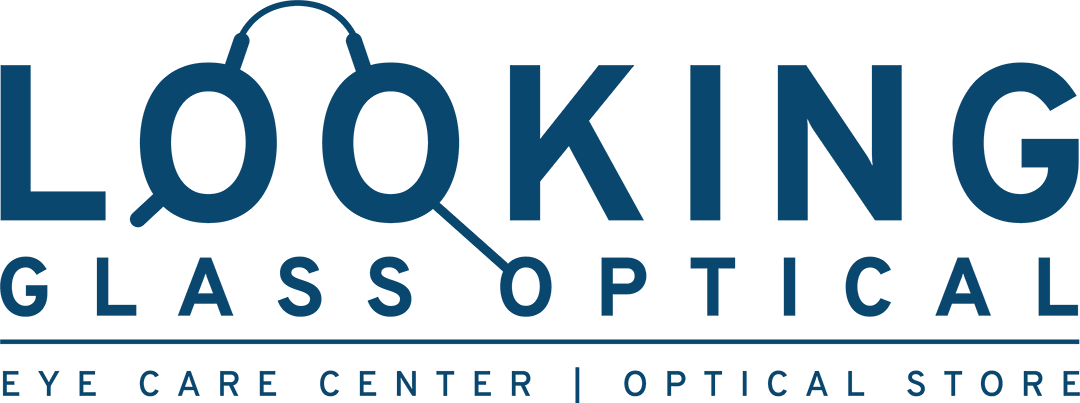The optic nerve inside your eye is responsible for transferring visual information from the retina to the brain. This delicate nerve is made of over one million fibers and is vulnerable to a number of different conditions, including optic atrophy.
Read more →Wearing contact lenses is an excellent way to improve your vision without needing glasses. Some people prefer contacts to glasses because they provide access to full peripheral vision and don’t limit activity. Contact lenses are easy to wear, affordable, and hard to lose. However, if you wear contact lenses, you must know when to change your prescription. Here are some helpful tips for understanding when it’s time to make a trip to the optometrist.
Read more →Approximately 61% of perimenopausal and menopausal women suffer from dry eyes. The changes in hormones that women experience which lead to symptoms like hot flashes, sweating, and even insomnia can also affect eye health. Post-menopausal dry eye can be uncomfortable, affecting your life. Read on for eye health facts to help you deal with dry eye symptoms.
Read more →According to the nonprofit Color Blind Awareness, 1 in 12 men and 1 in 200 women has some type of color blindness. Complete color blindness, or monochromacy, is the rarest form, affecting only one person in 30,000. For most people, this vision issue affects only certain colors, and there are many factors that determine which ones. Read on to learn what color blindness is and how many different types there are.
Read more →35% of adults have 20/20 vision without the help of corrective lenses. If you are part of that percentage, you may think visiting the optometrist for an annual eye exam is unnecessary. In fact, not getting regular checkups can be putting your vision and overall health at risk. Read on to know why everyone needs annual eye exams.
Read more →During the summer, many of us find ourselves spending more time outside. People tend to be more active, soaking up the warmth and sun as they find ways to spend quality time with friends and family. Protecting your eyes is important no matter the season, so here are seven tips for keeping your eyes safe this summer.
Read more →Studying is an important part of learning at any education level, but so is your eye health. Study sessions, whether you are spending time in front of digital screens or poring over a book you’ve checked out from the library, can damage your eyes. Finding ways to take care of your eyes while still getting in your study hours can help you be successful in school while also saving your eyes from unnecessary strain.
Read more →For some patients, coming to terms with changes in their vision can be difficult. Not being able to see without the assistance of glasses or contact lenses can feel frustrating, particularly for younger children. If you suffer from myopia or astigmatism, you’ve probably dreamed of waking up and being able to see like everyone else. Here at Looking Glass Optical, we want to make that dream a reality. If you’re interested in a lens-free lifestyle, we recommend considering corneal reshaping therapy.
Read more →Do you struggle with frequent headaches that relate to your vision? Migraines are one type of headache that can hit behind the eyes and cause vision changes. An ocular migraine is a specific type of headache with unique symptoms that affect your field of vision. Learn more about these migraines and how to prevent them in this short guide!
Read more →There’s a reason why your parents told you not to sit too close to the TV screen. When most of your day consists of looking at digital screens, like televisions, computers, and cellphones, it takes a real toll on your eyes. Computer vision syndrome, or digital eye strain, is a condition in which you may experience headaches, dry eyes, blurred vision, and shoulder pain from constantly looking at digital screens. The condition can wreak havoc on your quality of life and cause several uncomfortable symptoms. Read on for a few ways to prevent digital eye strain so you can keep your peace of mind.
Read more →
